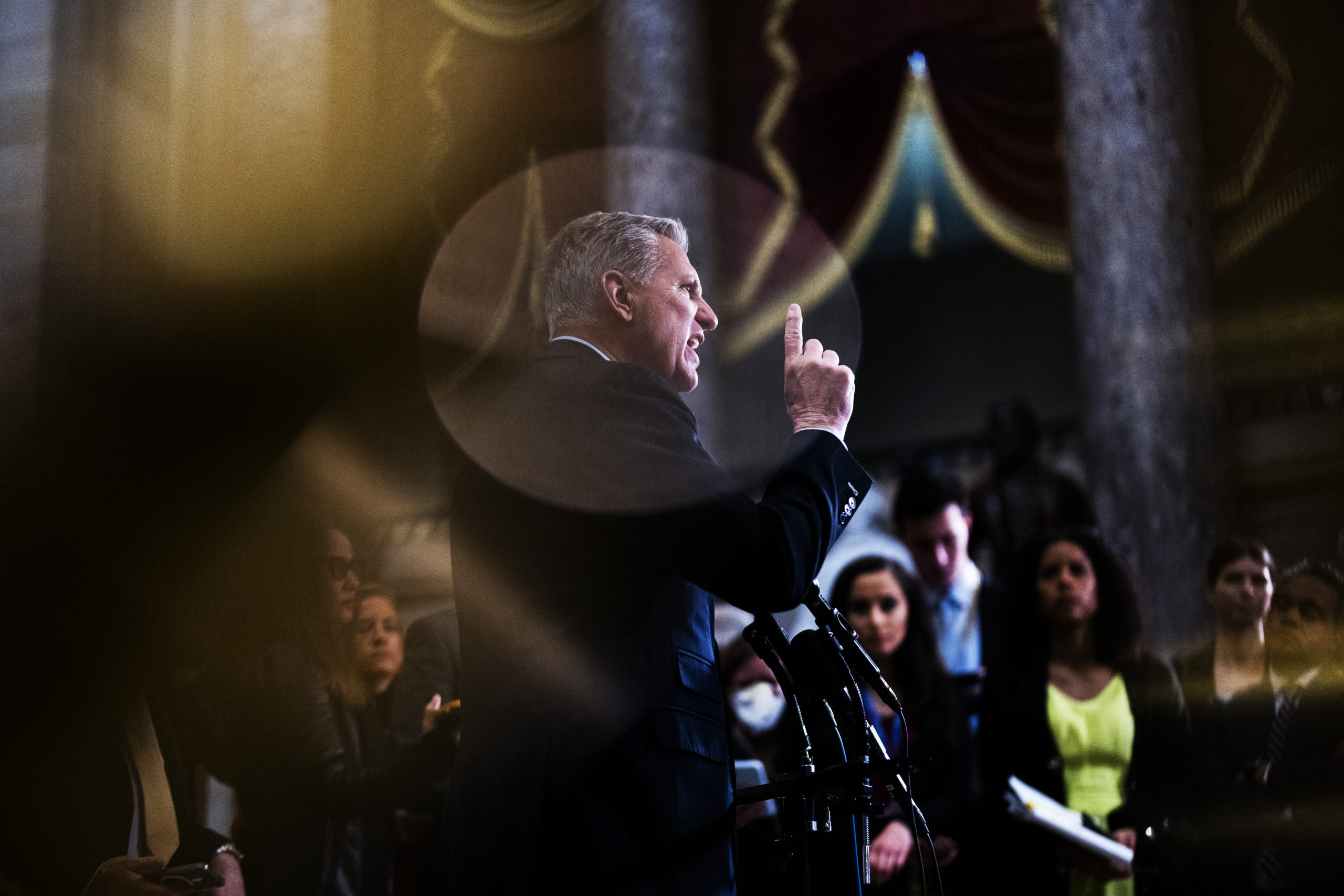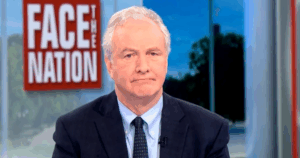Key takeaways:
- The White House has made it clear that it will not negotiate over the debt limit.
- The Republican-controlled House has proposed that the debt limit be used as a bargaining chip.
- White House Press Secretary Karinne Jean-Pierre has reiterated that there will be no negotiation over it.
The White House has once again made it clear that it will not negotiate over the debt limit, after Treasury Secretary Janet Yellen warned that the U.S. will hit the debt limit on Thursday. Ultraconservative lawmakers have stated that they do not want the country to default, but their conditions for raising the debt limit are unlikely to be accepted by the Democratic-led Senate or President Joe Biden.
The Republican-controlled House has proposed that the debt limit be used as a bargaining chip, demanding cuts to programs such as Medicare and Social Security. The White House has responded by demanding that Congress raise the debt limit without conditions. If the two sides fail to resolve their differences and cause a default, the consequences could include a stock market crash, a recession, and higher interest rates.
The looming standoff over the debt limit has been telegraphed for months, and White House Press Secretary Karinne Jean-Pierre has reiterated that there will be no negotiation over it. She stated that “this is something that must get done.”
The debt limit is a legal limit on the amount of money the U.S. government can borrow to finance its operations. It is currently set at $20.5 trillion, and the Treasury Department has been using “extraordinary measures” to continue to fulfill the U.S.’s obligations. The Treasury Department has estimated that it will run out of money by the end of July if the debt limit is not raised.
The debt limit has been a source of contention between the two parties for years, and the current standoff is no different. It remains to be seen if the two sides can come to an agreement and raise the debt limit before the U.S. runs out of money.



Be First to Comment